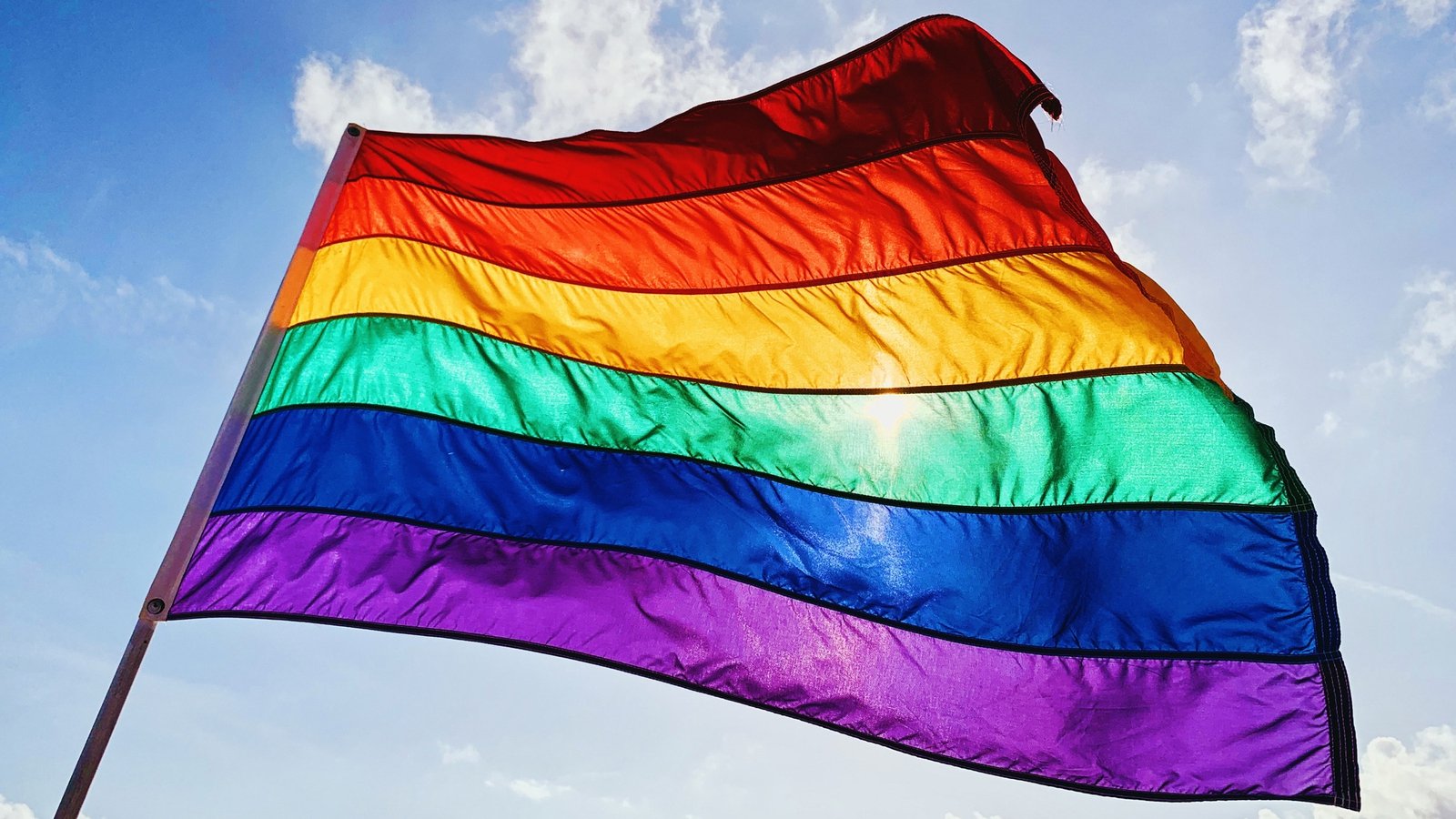World
Organisers of postponed youth disco ‘shocked’ at online slurs

Organisers of a now-postponed youth disco event in Co Wicklow are “shocked” at being “targeted” by malicious slurs and social media posts, the Chair of Wicklow Pride has said.
The organisers of the event said last night they were postponing a youth disco event planned to take place in Newtownmountkennedy as part of Wicklow Pride.
The comments on X (formerly Twitter), and Facebook included several falsely accusing organisers of being “groomers” and pedophiles.
The Chair of Wicklow Pride, Patrick Bracken, also said a letter was posted into a committee member’s letterbox saying “PEDO.”
Commenting on news of the postponement, Minister for Integration Roderic O’Gorman said on X “what’s happened in Wicklow over the past few days has been unacceptable.”
“It’s heartbreaking that a disco had to be cancelled due to a small minority sowing seeds of hate. We cannot let hard fought progress be reversed,” he said.
Mr Bracken told Prime Time “when you’re being targeted on a personal level, it’s quite scary… it’s a mental shock to a lot of members on the committee.”
He said a slew of negative messages towards organisers followed a post about the event on a local community page.
“We started just getting, you know, messages [about] sodomy and all this sort of stuff.”
“Then we were called pedophiles and groomers. ‘This is just a front to allow our children to attend these events so they could be brainwashed’ and all that sort of nonsense.”
Posts seen by RTÉ included messages saying “absolute creeps… child grooming at its finest,” and “your child grooming is not welcome in [Newtownmountkennedy].”
Mr Bracken said concern about the posts online forced the decision to postpone the event.
The ‘Rainbow Disco’ was planned as “a safe space to be you” for teenagers aged 13-16 and was scheduled to take place at the Newtownmountkennedy Community Centre on Sunday.
“We had to really take this seriously,” Mr Bracken said. “We can’t allow the young people in our community to be subject to harassment. We just can’t risk it.”
“We were expecting about 200 in attendance. This is the first time that we’ve had to postpone an event for this specific reason,” he said.
“In relation to social media, we find that when it gets close to the event, or close to us having our Wicklow Pride, the comments get more and more frequent and they get more and more nasty,” Mr Bracken said.
The modern iteration of a decades-old trope
While some posts have been deleted, others remain visible online in which the organisers of the event are referred to as “groomers.”
In recent years, social media and discussion groups across the English-speaking world have increasingly used the slur to target LGBT individuals.
It is a modern iteration of a decades-old false trope that claims LGBT people pose a specific danger to children, and part of a wider web of conspiratorial language used in particular to try to maliciously link gay men and transgender people with pedophilia.
“It’s a narrative that would be recognisable, I think, to a lot of people from the late 20th century,” says UCD Professor Kath Browne, who focuses on sexual and gender equalities.
“It relates directly to sexual immorality and just a lumping of everything that isn’t white, straight, and heterosexual and gender-normative into kind of one category, and then finding what the worst thing is and then ascribing it to the entire group.”
“How do you make lesbians and gay men, bi- and trans people dangerous? Well, you say they’re a danger to children,” Prof Browne said.
The “groomer” slur emerged from the fringes of the online world on websites like 4Chan in 2015. 4Chan was a free-for-all network of unmoderated online discussion groups from which many reactionary and fringe narratives developed during that decade.
Over time the “groomer” slur has come into more mainstream use, initially through right-wing US online commentators and livestreamers in the run-up to the 2016 American presidential election.
It is now regularly used online as an insult targeting pro-gay rights campaigns, or trans activism.
“Once you put out there the idea that children are being sexualised, then you provide a capacity to mobilise people around innocence and outrage,” Professor Gavan Titley of the Department of Media Studies in Maynooth University said.
“What it allows you to do is to target any form of education or outreach or representation, or just visibility, such as with Pride, and say ‘look, this is excessive activism, it’s ideological’ and that therefore, what we’re doing is we’re just defending common sense,” he said.
“These are very handy narratives. They’re handy scripts. People might repeat them without putting much thought into them or repeat them because they feel good or whatever it might be. And that’s what makes this kind of politics very, very tricky at a community level and a policy level and at a political level to oppose,” Professor Titley added.
Mr Bracken says the wider Wicklow Pride parade will go ahead on 6 July and is encouraging young people who have found this “overwhelming and maybe making them fearful” to reach out to members.
“We have to put up with this sort of bigotry and hate and hatred – but don’t let it define you as a person,” he said.
“Don’t let that dictate how you live your life. You know, you should not be made feel like that.”










